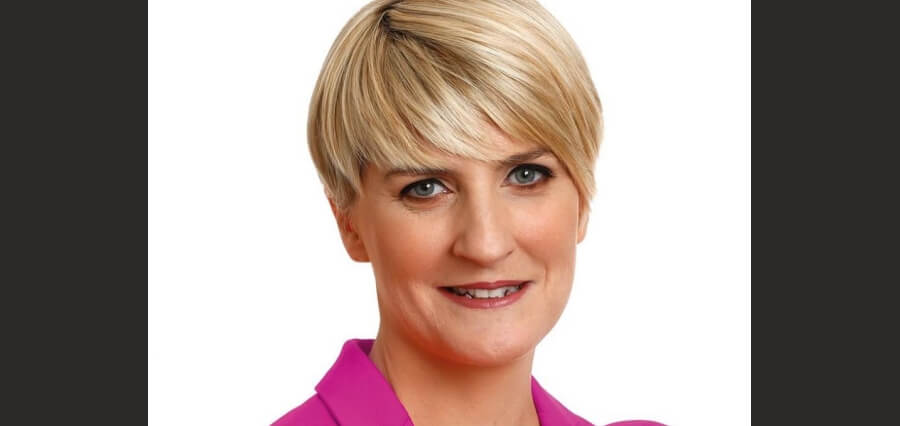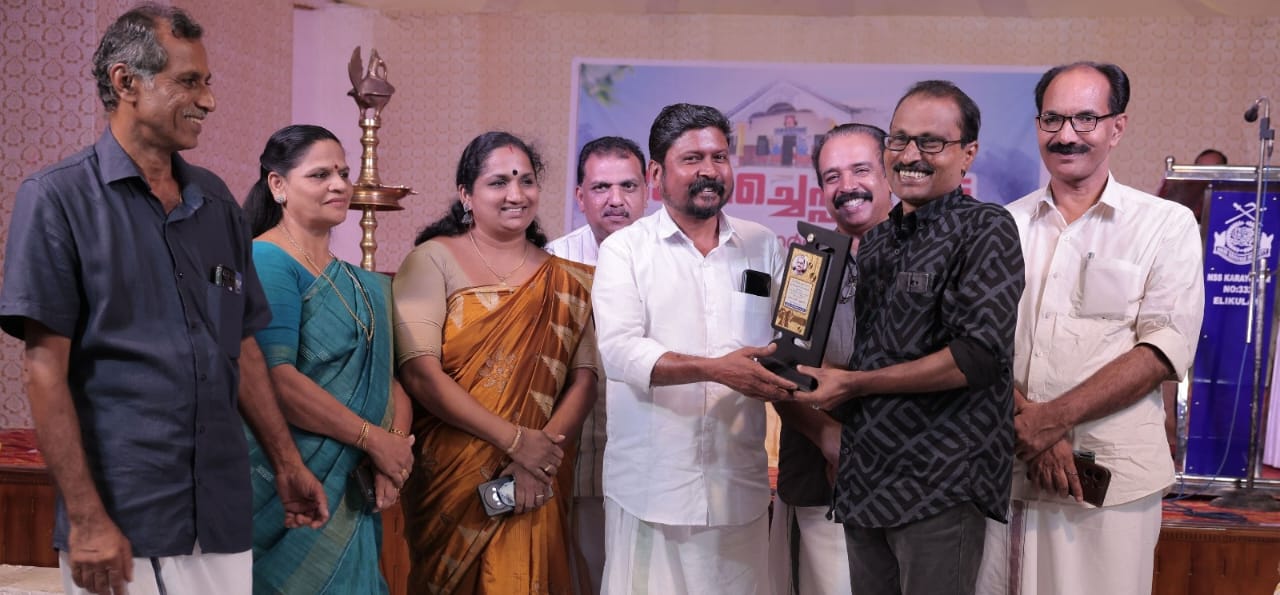An international conference aimed at promoting greater cooperation in tackling cancer is taking place in Farmleigh, Dublin. Leading cancer experts from around the world are attending the event, which comes as a new report found that cancer is the “single biggest killer” in Ireland, with more than 9,600 deaths a year.
The report, jointly published by the European Cancer Organisation (ECO) and the Irish Cancer Society(ICS), revealed that cancer is responsible for 30% of deaths in Ireland each year. According to the ECO, its data from the European Cancer Pulse online repository “captures evidence of progress but also highlights areas that need scrutiny, particularly those around cancer inequalities.”
The organization stated that Ireland “needs to be more ambitious in preventing cancer.” While the country is “doing well on HPV vaccination, it is falling behind on its targets for tobacco and alcohol consumption,” the report said.
Irish Cancer Society CEO Averil Power emphasized the inequalities in cancer care and services in Ireland, stating, “We know that people across the country do not have equal access to cancer care and services in Ireland. Inequality between public and private patients is growing, particularly in terms of access to new medicines. The lack of Government investment in Ireland’s current National Cancer Strategy means target waiting times for cancer tests are consistently being exceeded.”
Professor Mark Lawler, a Digital Health expert at Queens University Belfast and co-lead of the all-island Cancer Research Institute, highlighted the “postcode lottery” in Ireland when it comes to cancer diagnosis and treatment, describing it as “unacceptable.”
“We should be having a scenario where we’re catering for everybody in society equally, and unfortunately, we’re not, and that’s really not acceptable, and we need to do something about it,” Prof. Lawler said. “It shouldn’t be that where you live decides what treatment you get, whether you’re diagnosed early or not, so we really need to look at this much more closely.”
Prof. Lawler emphasized the need for a consistent cancer policy, stating that while Ireland had one, only two of the last seven budgets have provided funding for cancer. He warned that the country is in danger of moving away from that consistent policy to inconsistency, which will lead to poorer outcomes.
The conference in Dublin aims to address these issues and promote greater cooperation among experts to tackle cancer more effectively, with a focus on reducing inequalities and improving outcomes for all patients, regardless of their location or socioeconomic status.











